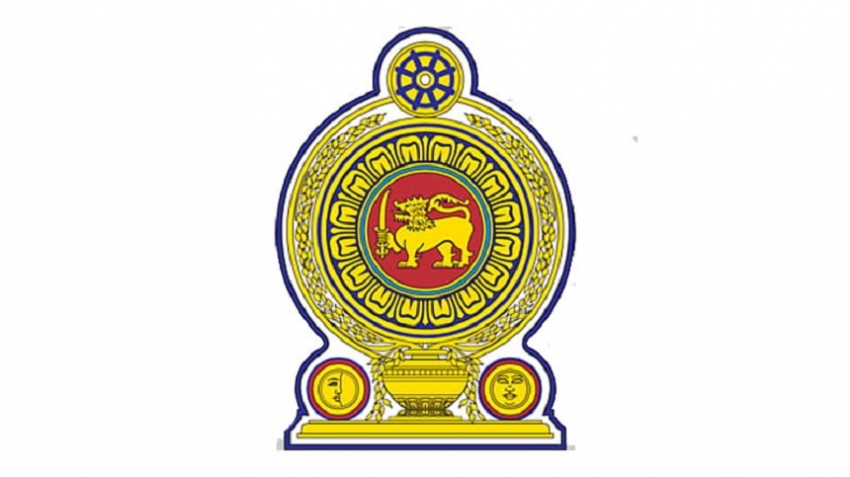The Government Printing Department website indicated that one of the Gazettes Extraordinary issued on Thursday by the Presidential Secretariat was to “call out all the members of the Armed Forces for the maintenance of Public Order”.President Maithripala Sirisena declared a State of Emergency throughout the country immediately after the Easter Sunday multiple bomb attacks in a move to maintain public security, public order and ensure supplies and services essential to the people. It was extended monthly thereafter as is the normal practice until the security situation improved and the country returned to normalcy.
Police Media Spokesman SP Ruwan Gunasekara told the Daily News that all the terrorist suspects arrested in connection with the April 21st attacks have been detained under the Prevention of Terrorism Act (PTA), and therefore the lifting of the Emergency would have no impact on their status or the on-going investigations related to them.“Currently, we do not have any suspects detained under the Emergency law. Their court cases are proceeding,” he said.
The Police Spokesman also explained that the banning of three extremist organizations, namely the National Thowheed Jama’ath (NTJ), Jama’athe Milla’athe Ibrahim (JMI) and Willayath As Seylani was not only done under the Emergency law but also under the PTA. Therefore the ban imposed on them in the post-Easter Sunday attack situation will continue.He further said that the full-face helmet and ‘niqab’ and ‘burqa’ face veil ban would also continue as these governmental actions has also been gazetted under the PTA.Asked about the deployment of the Army in the absence of Emergency provisions, Gunasekara said a policy decision in that regard would be taken shortly. He added that various other legal provisions are available if the deployment of the Army was required.
Army Media Spokesman Brigadier Sumith Atapattu said there would be no change in the Army security provided to various places including the foreign embassies. “The Army is providing such security measures based on the requirement and with or without emergency those will continue. We have no intention of changing our present contribution in the affairs of public security and search operations. The Emergency laws enable us to directly arrest, search or take somebody into custody, but in the absence of those laws, we will assist the Police to do the same. Even now, all the suspects are dealt under the civil law by the Police. Therefore lifting of emergency will not affect our duties,” he explained.
The suicide attacks on three prominent hotels and three churches crowded with Easter celebrants killed 258 people and injured many others last April 21st. Later, the West Asia-based ISIS terrorist group claimed responsibility for the attacks, although security agencies locally and internationally have subsequently ruled out any direct ISIS link with the small NTJ-JMI combine that is known to have perpetrated the Easter strikes.Criminal Investigation Department (CID) Director SSP Shani Abeysekara recently told the media that 63 suspects were being held in custody over their links to Easter Sunday terrorist strike.
Tourism Development Minister John Amaratunga was hopeful that the lifting of State of Emergency would help fast recovery of the tourism sector. “It will sign that Sri Lanka is now safe for travel and this will help increase the tourist arrivals,” he told reporters on Thursday.
The State of Emergency, which had been extended for four-months in the aftermath of the April 21 Easter Sunday terrorist attacks, was lifted from Thursday, Director-General of Government Information, Nalaka Kaluwewa has confirmed.Government Printer Gangani Liyanage also told the Daily News that the Presidential Secretariat had informed her that the proclamation to extend the State of Emergency, due on August 22, would not be sent, thereby allowing the Emergency status to lapse. However, according to the Government Printer, the Presidential Secretariat had sent two ‘Gazettes Extraordinary’ under the Public Security Ordinance for publication yesterday.




















